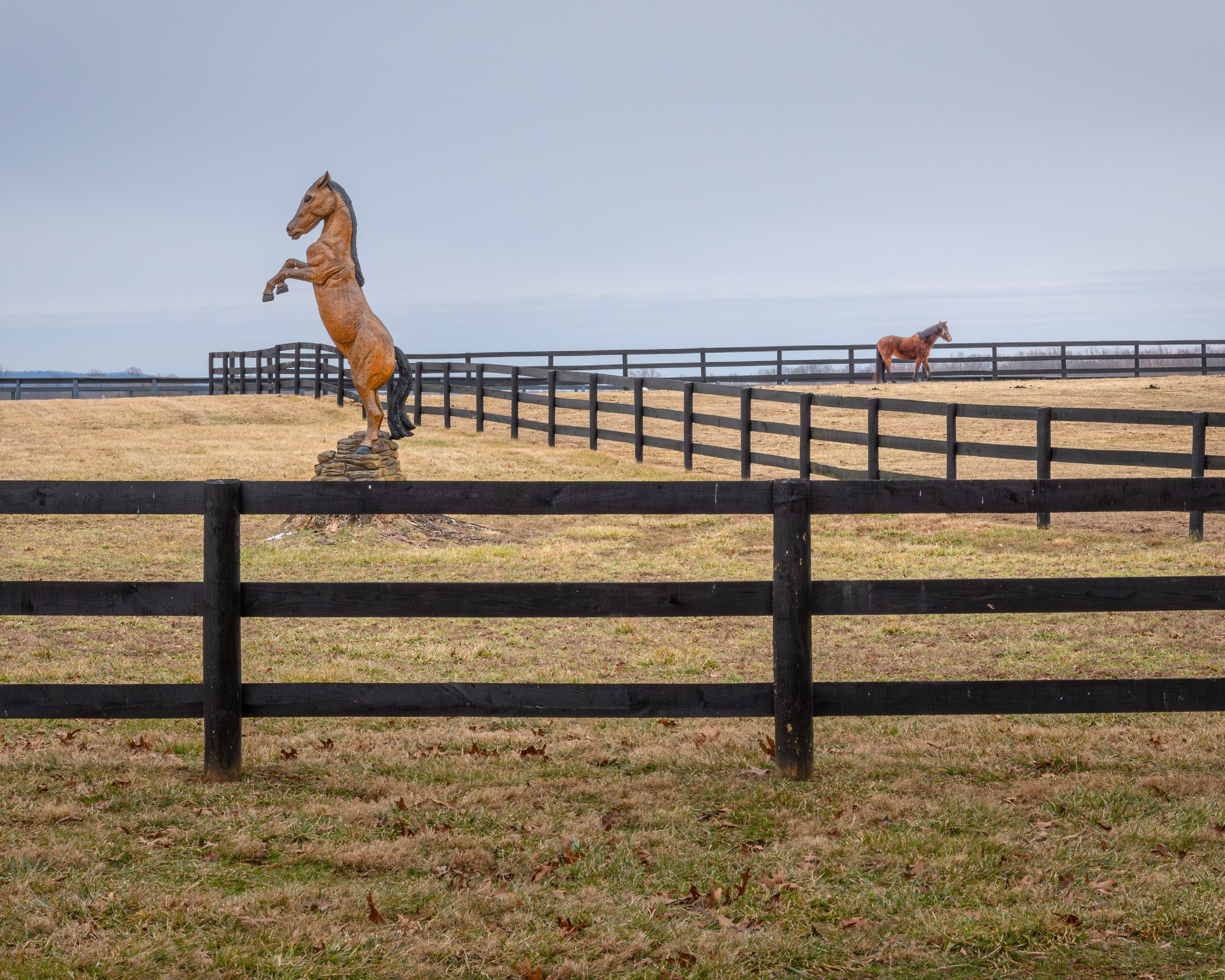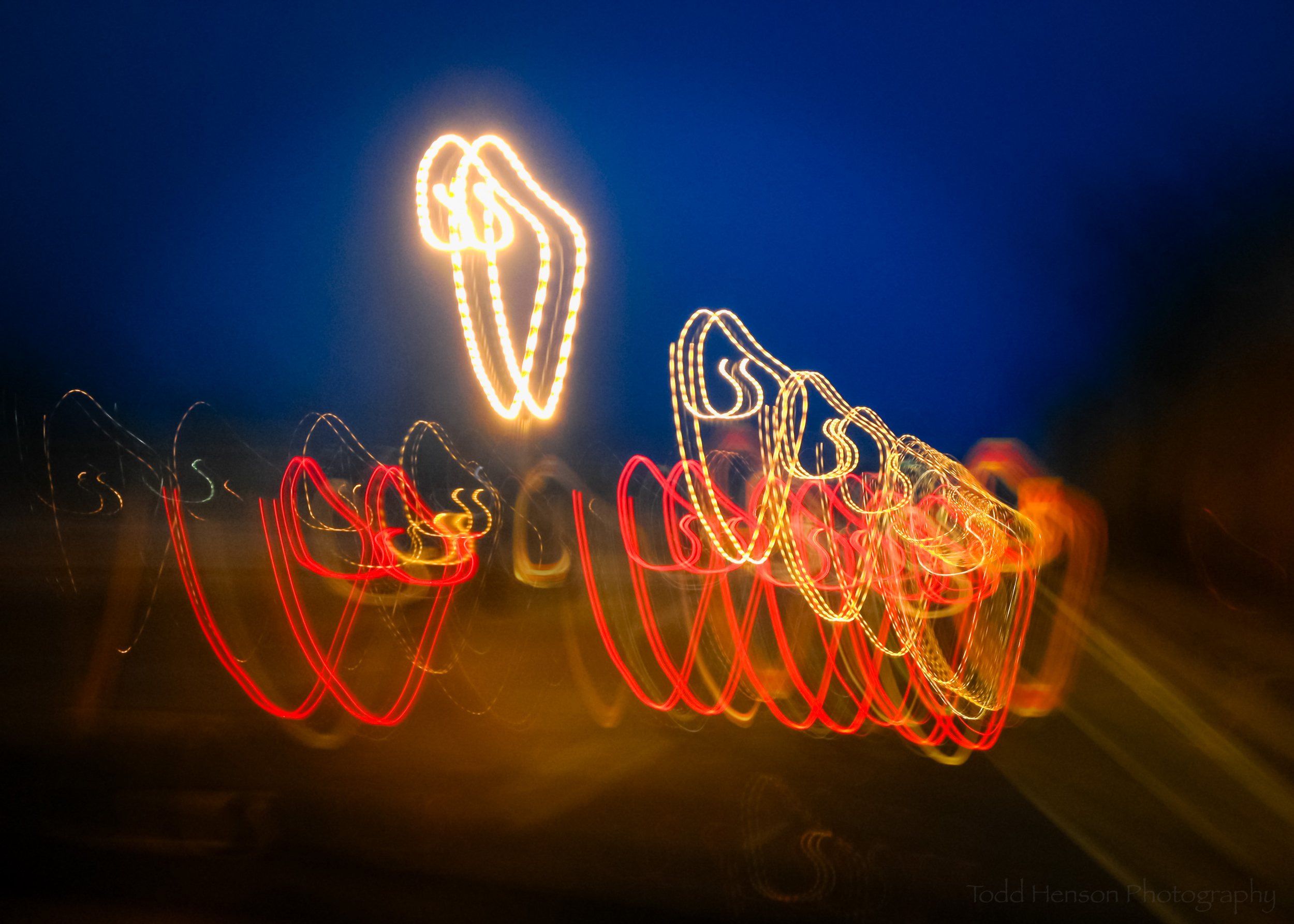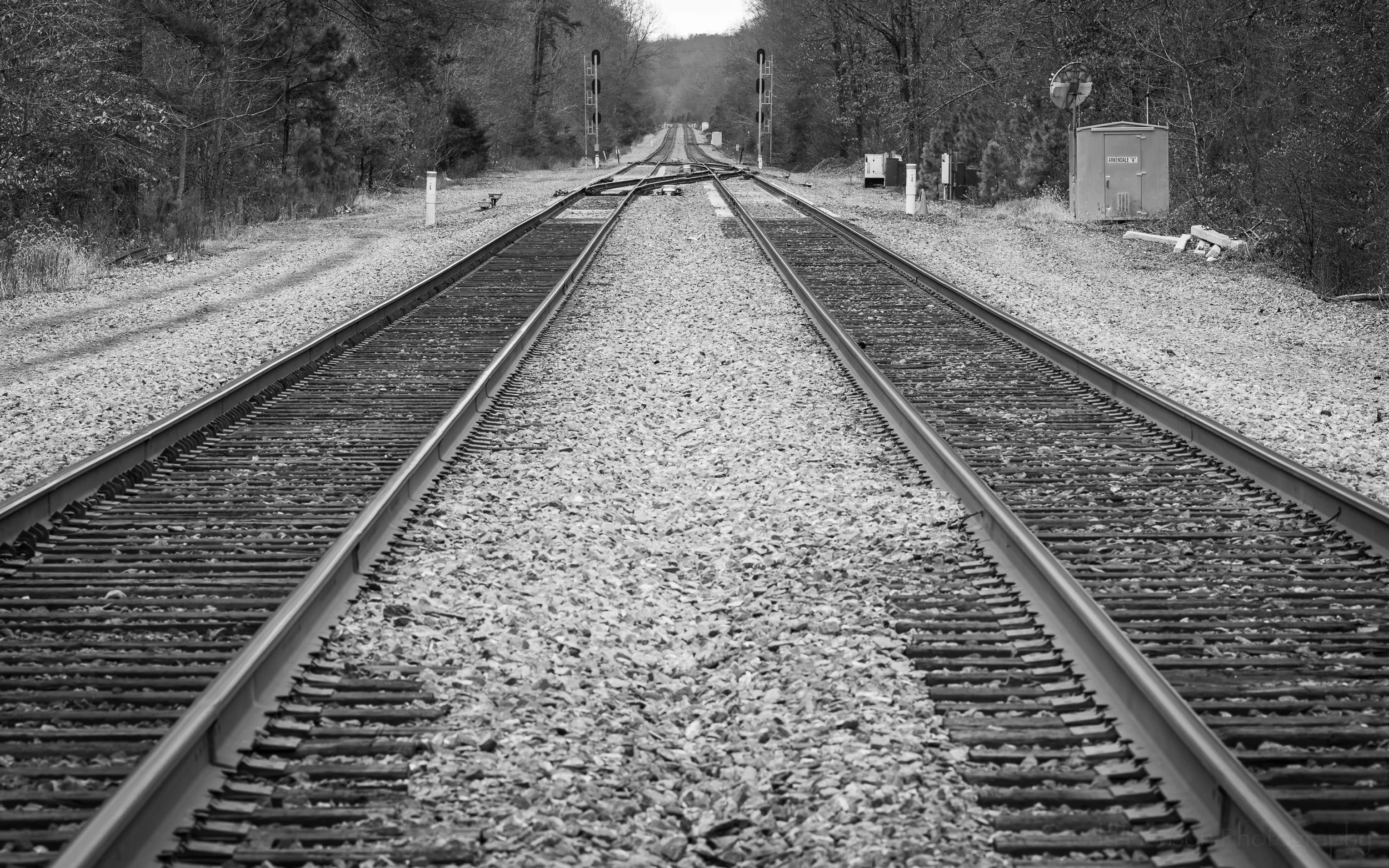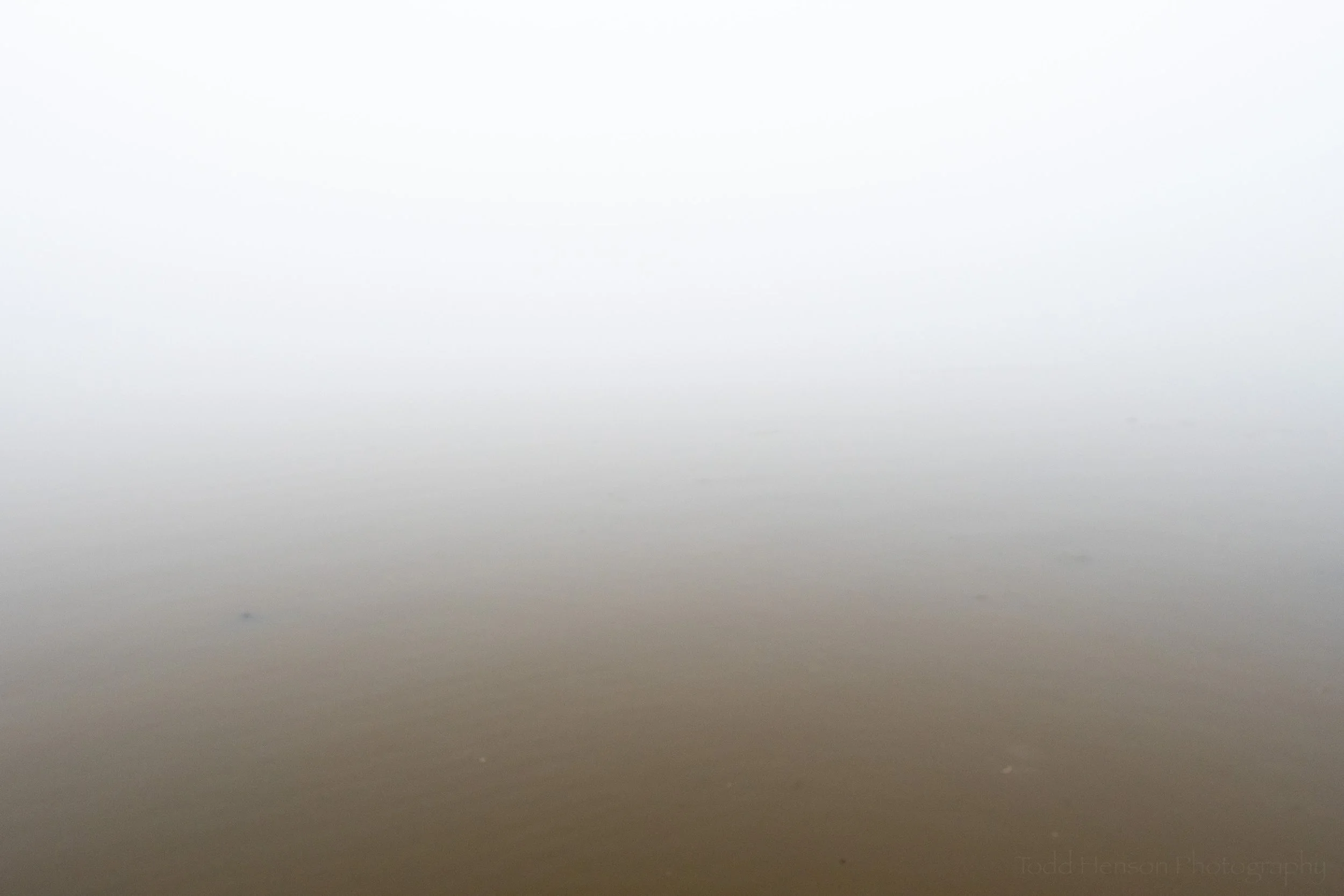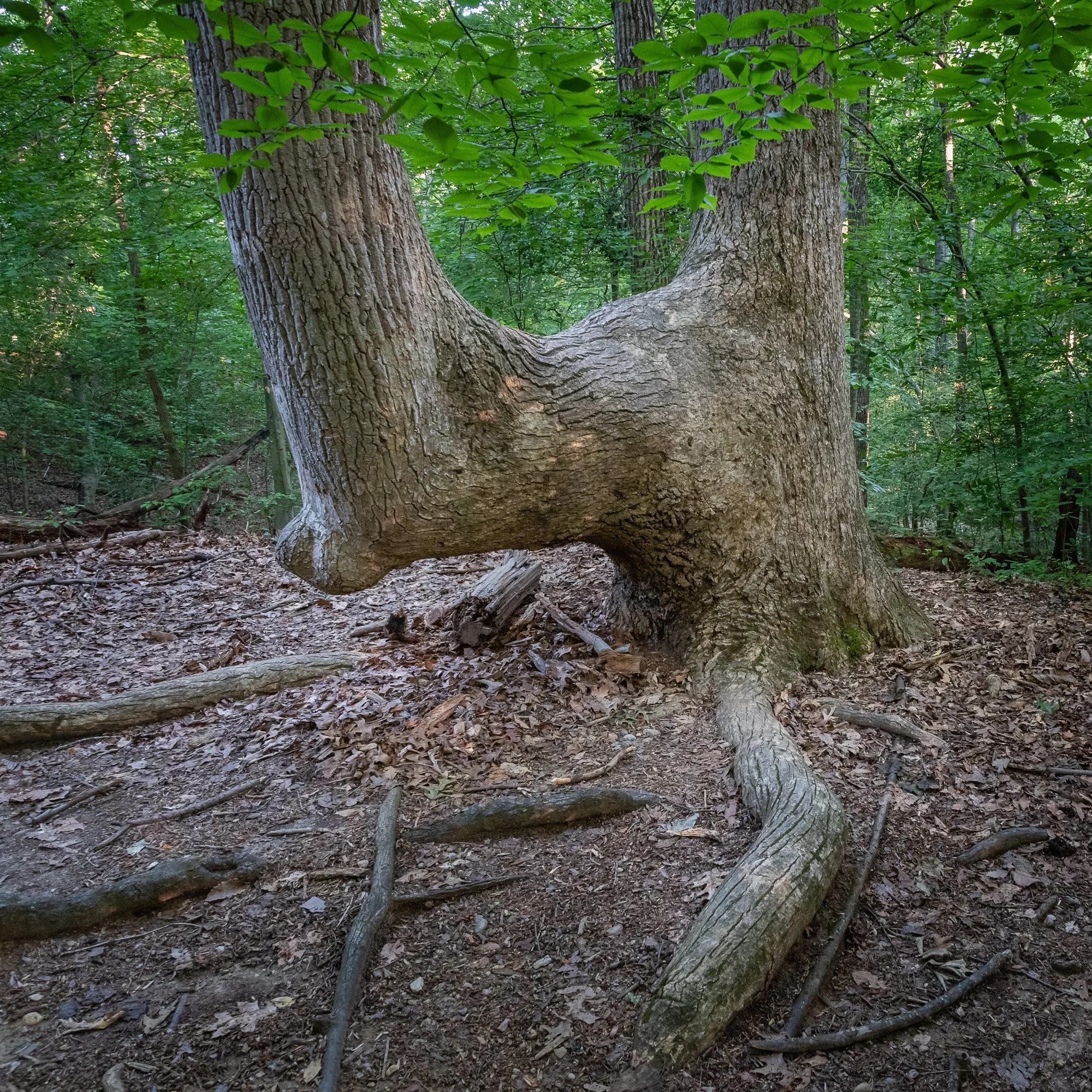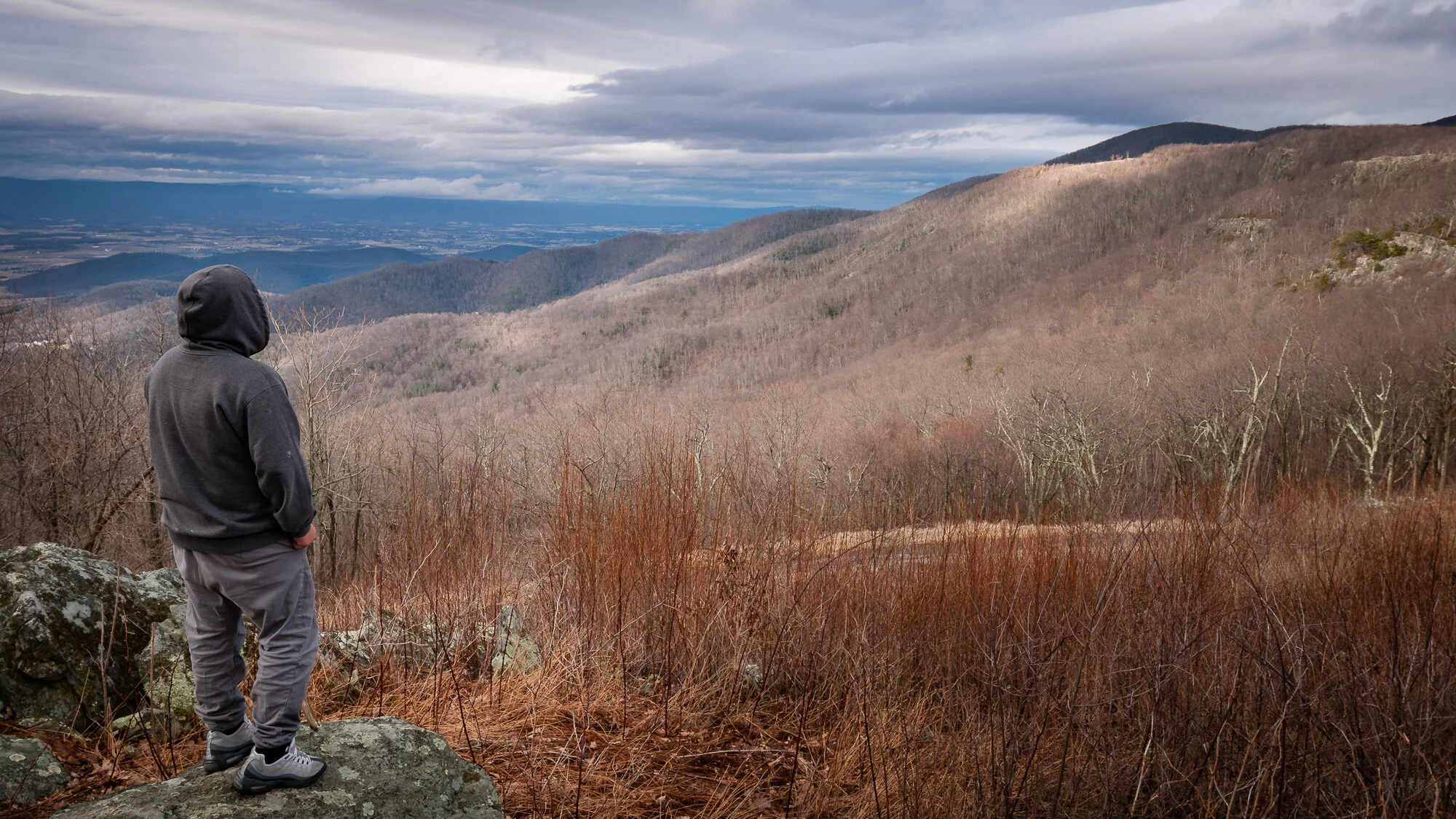A fly on the rail at a local wetlands park
When heading out to photograph nature with a long telephoto lens most photographers, including myself, would be on the lookout for wildlife of some sort: birds, maybe deer, a shy fox, perhaps. But I try to keep my eyes open for anything because long lenses work great for other subjects, as well.
I was walking along the boardwalk of my favorite wetlands park. They have a slightly elevated section with a larger observation area with railing and benches. I was heading down the boardwalk from here towards the section flat against the water with no railing. And just before the railing ended I noticed a large fly, sitting on the metal rail. It remained where it was as I walked by, so I turned around, setup the tripod, and began photographing this patient little subject. I liked the angle of the railing and the interesting light patterns in the background. And, of course, flies are always fascinating subjects when viewed closer than we typically see them. Click on the image to see a larger view of the photo.
If you’re curious about the technical details I was using my 200-400mm lens at almost 400mm with a 1.4x teleconverter giving a focal length of 550mm. On a crop sensor body like my Nikon D500 this gives a 35mm equivalent focal length of 825mm. That’s a fair bit of reach.
My lens has a minimum focusing distance of around 6.5 feet, and I’d moved in as close as I could get. I set the aperture to f/8 to give the photo a little depth of field but still completely blur the background. I probably could have stopped down a bit more and gotten more of the fly in focus. This would have dropped the shutter speed or forced me to raise the ISO, but I had room for both in this situation.
With the light conditions what they were I had the ISO set to 400, giving me a shutter speed of 1/400 sec. I don’t like to let the shutter speed drop too low with this long lens, even when on a tripod. Too many chances of vibration blurring the image. I have a mild case of essential tremor, so there’s always a risk of me introducing vibration, which a long lens will amplify. And the fly was on railing attached to the boardwalk, which can vibrate far more than you’d think when people are walking on it nearby.
When photographing in this situation I tend to wait for folks to walk by and let the boardwalk settle before shooting. Then I try to focus on my breathing to calm myself and relax. And I very often put the shutter in burst mode and shoot in short bursts of 2-4 shots at a time. This can be a waste of frames and creates many more images I must sort through when I get home, but it also increases the chances that one of those frames will be more in focus than the others, so it’s often worth the extra effort.
Next time you’re out in the field, whether photographing or just out for a walk, look around you. Really focus on your surroundings. What do you see that most of us might overlook and walk by? Is there a chance it might make an interesting composition if you had a camera with you? Practice this exercise as often as you can, train yourself to see more in the world. I do this all the time but still have so much to learn. I see photographers I admire create compositions I doubt I ever would have seen the potential in, and yet they create something absolutely fantastic. We can do that, too, if we better learn how to see.
Do you enjoy these posts?
Sign up to receive periodic emails with updates and thoughts. Don’t worry, I won’t spam you. And please consider purchasing artwork or products from my online store, and using my affiliate links in the sidebar to the right when shopping online.
I appreciate your support!
